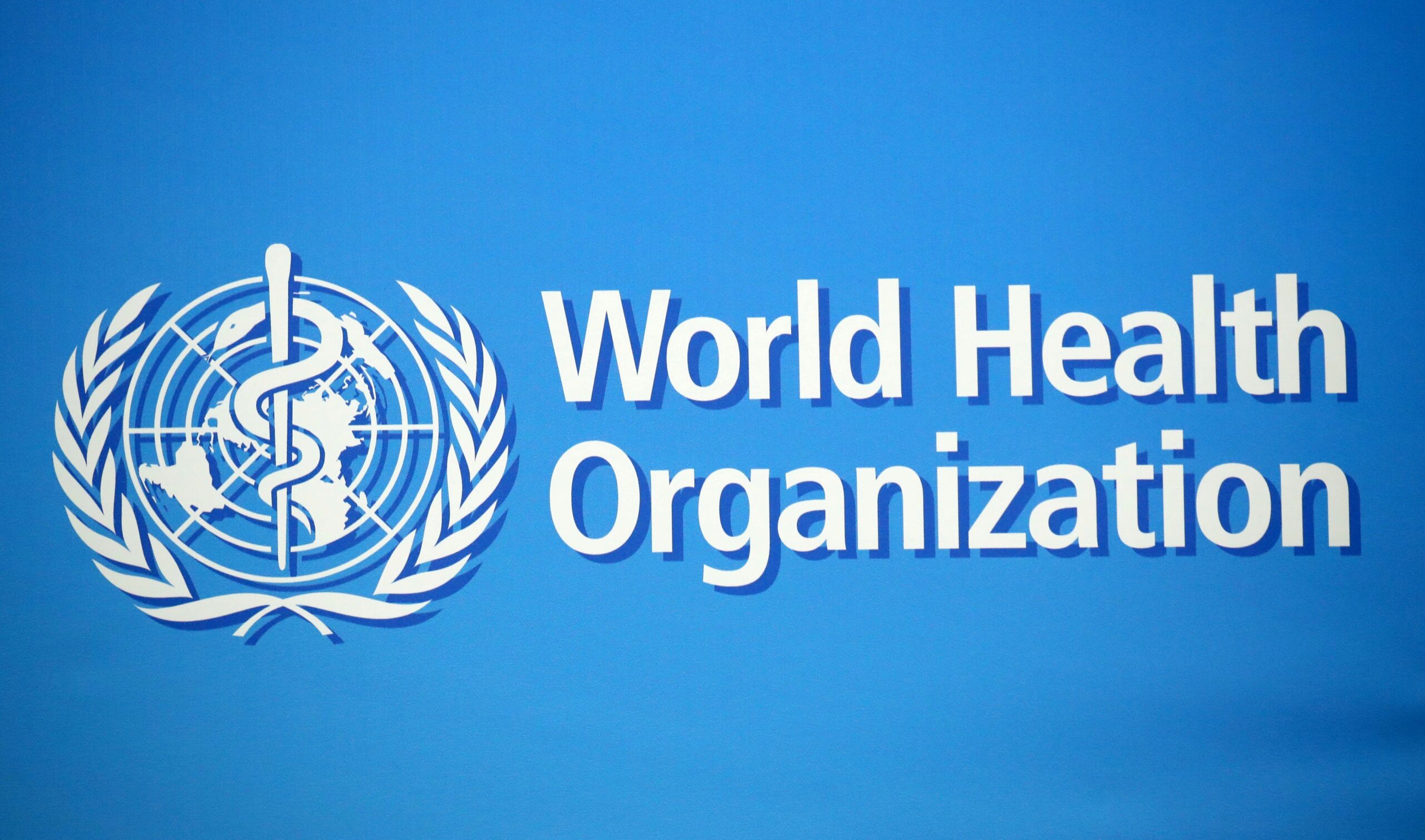The World Health Organization (WHO) is a specialized agency of the United Nations responsible for international public health. Established on April 7, 1948, and headquartered in Geneva, Switzerland, the WHO’s primary goal is to ensure the highest possible level of health for all people around the world.
Mission and Objectives
The WHO works to achieve its mission by:
- Promoting Health: The WHO sets global health standards and guidelines, conducts research, and provides support to countries to strengthen their health systems. This includes efforts to prevent diseases, promote healthy lifestyles, and improve healthcare access.
- Preventing and Controlling Diseases: The WHO is actively involved in the prevention and control of diseases, particularly infectious diseases such as HIV/AIDS, malaria, tuberculosis, and more recently, COVID-19. The organization also addresses non-communicable diseases like heart disease, diabetes, and cancer.
- Coordinating International Health Responses: During health emergencies, such as pandemics, the WHO plays a crucial role in coordinating international responses. It provides technical support, mobilizes resources, and facilitates collaboration among countries to manage and mitigate the impact of health crises.
- Setting Health Standards: The WHO sets standards for healthcare practices and products, including the development of vaccines and medicines. It also develops international health regulations to ensure that countries adhere to guidelines that protect public health.
- Providing Technical Assistance: The WHO offers technical assistance to countries in areas such as health policy, planning, and implementation. This support helps nations improve their health systems and achieve better health outcomes for their populations.
Key Programs and Initiatives
Some of the WHO’s key programs and initiatives include:
- Immunization: The WHO leads global efforts to increase immunization coverage and eliminate vaccine-preventable diseases, such as polio and measles.
- Global Health Security: The WHO works to strengthen global health security by preparing for and responding to public health emergencies, including outbreaks of infectious diseases and natural disasters.
- Mental Health: The WHO promotes mental health and well-being by advocating for better mental health services, reducing stigma, and supporting countries in developing mental health policies.
- Maternal and Child Health: The WHO focuses on improving maternal and child health by promoting access to quality healthcare services, addressing malnutrition, and reducing maternal and child mortality.
Leadership and Structure
The WHO is led by a Director-General, who is appointed by the World Health Assembly, the organization’s decision-making body composed of representatives from all member states. The current Director-General is Dr. Tedros Adhanom Ghebreyesus, who has held the position since 2017.
The organization is structured into six regional offices that oversee health activities in different parts of the world. These regions include Africa, the Americas, South-East Asia, Europe, the Eastern Mediterranean, and the Western Pacific. Each regional office works closely with countries in its region to address specific health challenges and implement WHO programs.
Global Impact
The WHO has had a profound impact on global health over the decades. Its efforts have contributed to the eradication of smallpox, the near-eradication of polio, and significant reductions in the spread of diseases like HIV/AIDS and malaria. The organization also plays a critical role in addressing emerging health threats, such as antimicrobial resistance and the health impacts of climate change.
The WHO’s work is guided by its commitment to universal health coverage, equity in health, and the right to health for all people. Through its leadership, the WHO continues to strive toward a healthier, safer, and fairer world.
